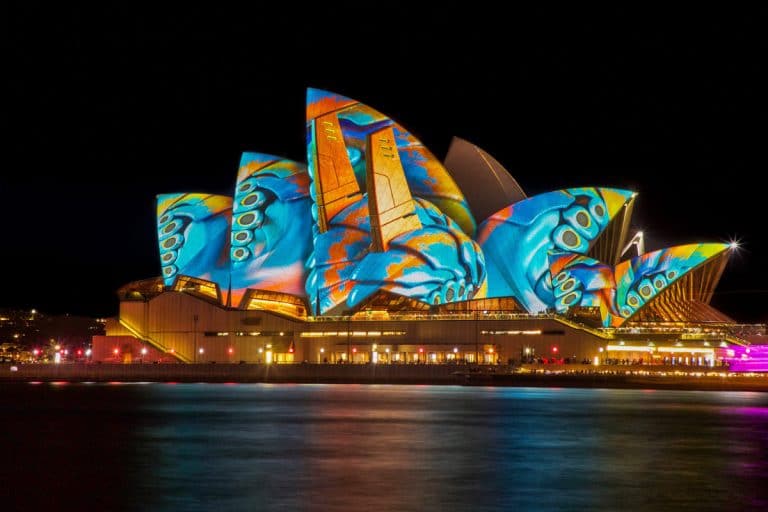Facebook and Google versus Australia, explained

Over the past 3 years, Australian regulators have been prepping a new bargaining code to force Big Tech firms to pay for content on their platforms, and matters came to a head this week. Australia has joined France and other governments in pushing Google, Facebook and other internet giants to pay in order to channel more money to a news industry that is cutting coverage as revenue shrinks. But it also sets up a clash with some of the tech industry’s biggest names.
For two decades, global news outlets have complained internet companies are getting rich at their expense, selling advertising linked to their reports without sharing revenue. When it comes to Australia, its media landscape is operated by a handful of big players. They hold significant political sway and have pushed regulators to create a law to force Facebook and Google to directly pay publishers for content.
The process is decided via binding arbitration that “encourages platforms to avoid the process altogether by signing one-off deals with individual publishers.” Facing this new proposed law, Google has announced deals with Rupert Murdoch’s News Corp and Seven West Media to pay for content in Google News Showcase. The deal is a trade-off to make sure news links remain in search results. “Removing links to news stories from Google would break the search engine in Australia, opening it up to rivals,” says tech reporter Casey Newton in The Hustle. No financial details were released and the Australian Broadcasting Corp is still in negotiations.
To put things in perspective, Google accounts for 53 per cent of Australian online advertising revenue and Facebook 23 per cent, according to Treasurer Josh Frydenberg. Google had previously threatened to make its search engine unavailable in Australia in response to the legislation.
On Thursday 18 February, Facebook responded by blocking users from accessing and sharing Australian news. The social media platform said the proposed law “ignores the realities” of its relationship with publishers that use its service to “share news content.” That was despite Frydenberg saying this week Google and Facebook “do want to enter into these commercial arrangements.”
In other words, with only 4 per cent of posts on its networks related to journalism, Facebook decided it won’t go into arbitration with publishers; instead, the linking and sharing of news stories in Australia is simply no longer allowed.
Australia’s proposed law would be the first of its kind, but other governments also are pressuring Google, Facebook and other internet companies to pay news outlets and other publishers for material. In Europe, Google had to negotiate with French publishers after a court last year upheld an order saying such agreements were required by a 2019 European Union copyright directive.
France is the first government to enforce the rules, but the decision suggests Google, Facebook and other companies will face similar requirements in other parts of Europe. Last year, Facebook announced it would pay US news organisations including The Wall Street Journal, The Washington Post and USA Today for headlines. No financial details were released. In Spain, Google shut down its news website after a 2014 law required it to pay publishers.
So, why does this matter? First of all, this development suggests that the financial balance between multibillion-dollar internet companies and news organisations might be shifting. The Australian government acted after its competition regulator tried and failed to negotiate a voluntary payment plan with Google. The proposed law would create a panel to make binding decisions on the price of news reports to help give individual publishers more negotiating leverage with global internet companies.
However, while Google’s agreement means a new revenue stream for news outfits, whether that translates into more coverage for readers, viewers and listeners remains unclear. Australia’s move is meant to support journalism but the code doesn’t actually say that publishers have to allocate money to journalists. It also misunderstands how internet content works—after all, Facebook and Google do link for free.
On top of that, without official publications, Facebook is ripe for more misinformation and conspiracy theories, although this may also be a catalyst for people to find their news in other potentially less toxic channels such as news websites.
Newton suggests more clearly impactful moves such as taxing Big Tech based on revenue, and earmarking some of that money to support journalism as well as creating a bargaining code that forces publishers to create and support jobs.
In the meantime, the union for Australian journalists is calling on media companies to make sure online revenue goes into news gathering. “Any monies from these deals need to end up in the newsroom, not the boardroom,” said Marcus Strom, president of the Media, Entertainment and Arts Alliance. “We will be pressing the case for transparency on how these funds are spent.”





